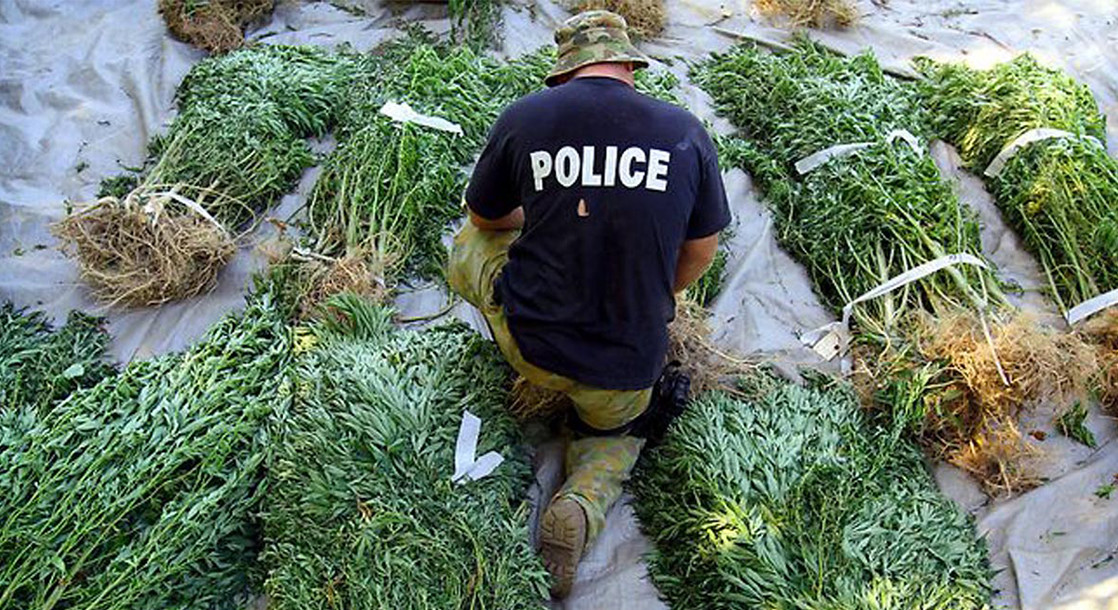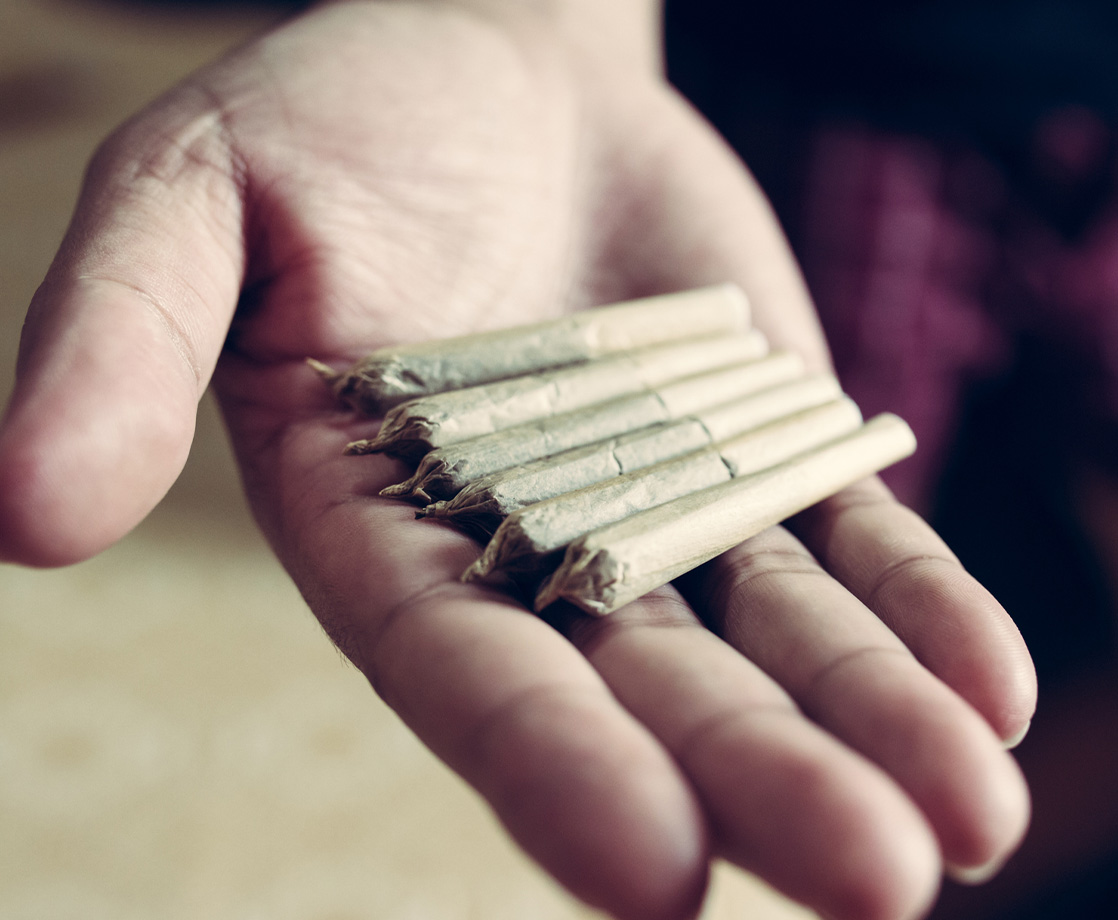Although California voted to legalize recreational cannabis last year, state law enforcement and the federal government are still at war with black market growers, many of whom operate in the heavily forested areas of the state. But new federal statistics on plant seizures shows an increasing trend in indoor cultivation.
According to the U.S. Drug Enforcement Administration, authorities took 313,000 plants from indoor grow operations in California in 2016, making up a whopping 75 percent of all indoor plants taken across the nation. Only 8 percent of California’s total seizures were indoor pot plants, but the number is the highest total in at least eight years. These statistics on the increase of plant confiscation comes from both local and federal law enforcement agencies.
A DEA spokeswoman in San Francisco recently stated that she was “unable to speculate” why authorities are seizing more indoor marijuana than usual. Last year, the drug agency released a report explaining the rise in indoor cannabis production, claiming that it’s “more difficult for law enforcement to discover and has the advantage of not having to rely on climate conditions or growing seasons.”
While the high percentage of indoor cultivation raids may be startling, California has been staunch in their attempts to weed out illegal grows. Out of all cannabis crops seized in the country, 70 percent have come from California, prompting the federal government to threaten intervention in the state. Last month, Republican State Senator Ted Gaines called for a state of emergency to help combat illegal grow ops.
Some local lawmakers believe this thriving black market is creating cannabis-related crimes throughout the state. For example, in Sacramento, city officials recently called for an “urgent plan of action” to curb illegal grow operations. In the last month alone, law enforcement have reported four separate busts of indoor growing operations in the Sacramento area, seizing more than 7,000 plants and arresting several suspects with ties to the East Coast.
As Californians prepare for Prop. 64 to take effect, many cultivators have been reluctant to move their operations out of the shadows and into legality. Despite recreational cannabis being legalized, the state and federal government are still on the hunt for growers who are trying to skirt the law.











